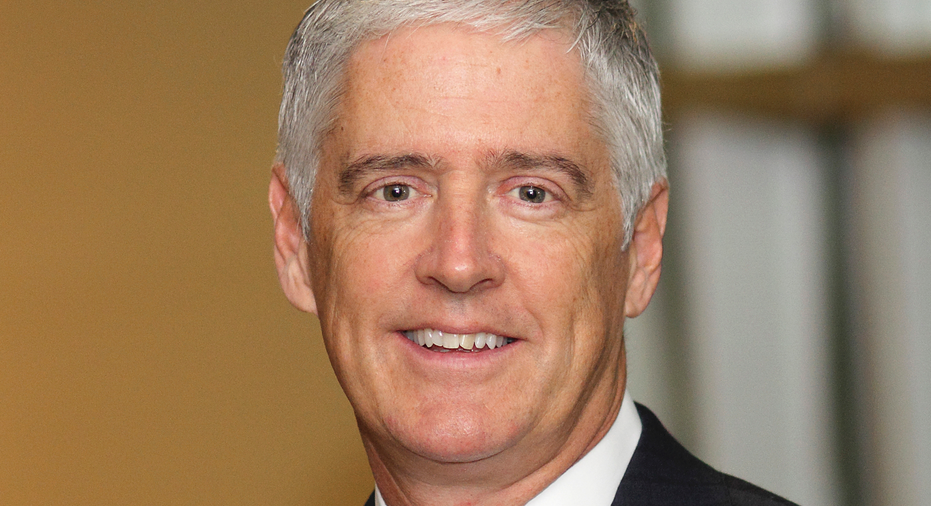Fund manager Q&A: What to expect from muni bonds in 2018

NEW YORK – Municipal bonds took investors on a roller coaster at the end of 2017, as prices swung on concerns about what Washington's overhaul of the tax system will do to the $3.8 trillion market.
Investors, particularly those in top tax brackets, have long sought the income paid by muni bonds because it's free from federal income taxes. It will remain that way, even after Congress approved sweeping changes to taxes, but lower tax rates for workers dilute the benefit a bit. Washington did eliminate a corner of the muni bond market called "advance refundings," where state and local governments refinance their debt. There was a rush to issue such bonds before the Dec. 31 deadline.
The topsy-turvy last few weeks capped a strong year for the market. The largest muni-bond mutual fund by assets, Vanguard's Intermediate-Term Tax-Exempt fund, returned 4.5 percent for its best performance in three years.
Peter Hayes, head of the municipal group at BlackRock, recently talked about what investors can expect in 2018. Answers have been edited for clarity and length.
Q: Do muni investors have a good sense now of what effects the tax overhaul will have?
A: Now that the bill has passed and the details are out, we know what that means for supply and demand, and the market has definitely settled down. Right now, it's more a function of valuations: Did we pull too much performance forward? What will happen? That's the new backdrop.
Q: Do you think it's fair to call the tax overhaul a slight negative for muni bonds overall?
A: That would be the perception at first glance: As tax rates go down, muni bonds become less valuable. But the reality was, and this happened almost immediately after the presidential election, the market severely overreacted, and it was factoring in a much lower tax rate.
Even currently, it trades (as if the top income-tax rate is) 30 to 32 percent. At this point, you could say it's still a touch cheap with the marginal tax rate at 37 percent (as approved in the recently passed overhaul).
The market is actually cheap. On top of that, the advance-refundings being pulled out of the market diminishes supply, and that's another positive for the market.
Q: Is the threat of muni bonds losing their tax-free status gone?
A: What's happened over the last couple years is there's been a greater recognition about the importance of the muni market in regards to infrastructure. We've heard (presidential economic adviser Gary) Cohn say that. We've heard the president say that
There's a greater recognition of what this market does as an important source of financing for infrastructure in the U.S., rather than being one just bought by wealthy individuals. I think it's changed enough that the tax exemption won't be (brought up) again.
Q: Should muni investors expect more volatility in 2018?
A: For the near term, I'll say two to three months, I think volatility remains pretty minimal and will be driven more by what interest rates do in general.
I do think volatility begins to appear as issuance begins to pick up, in probably April or May. We'll also have the Fed in play at that time. From then to the rest of the year, we'll have more volatility than we saw in 2017.
Q: Should investors expect lower returns?
A: They have to. I do think you'll get lower returns than in 2017. It won't be negative. It will be positive, just not as robust as last year. It's another important area where investors have to reset their expectations a bit.
Where do you derive returns from? I don't' think we're going to get anything from prices (rising). And yields are lower (leading to less income).
Q: How will Washington's infrastructure push affect the muni market?
A: There are a couple things we know. It seems both Democrats and Republicans would like to invest in infrastructure in the U.S. But there's not one solution on how to finance it or fund it. There's going to be several, and the municipal market will be a part of it.
But I don't think it will have a big, big impact. I don't think we'll see a significant issuance in the market because, at the end of the day, state and local governments have to be able to pay for them. That in itself will keep a cap on issuance.



















